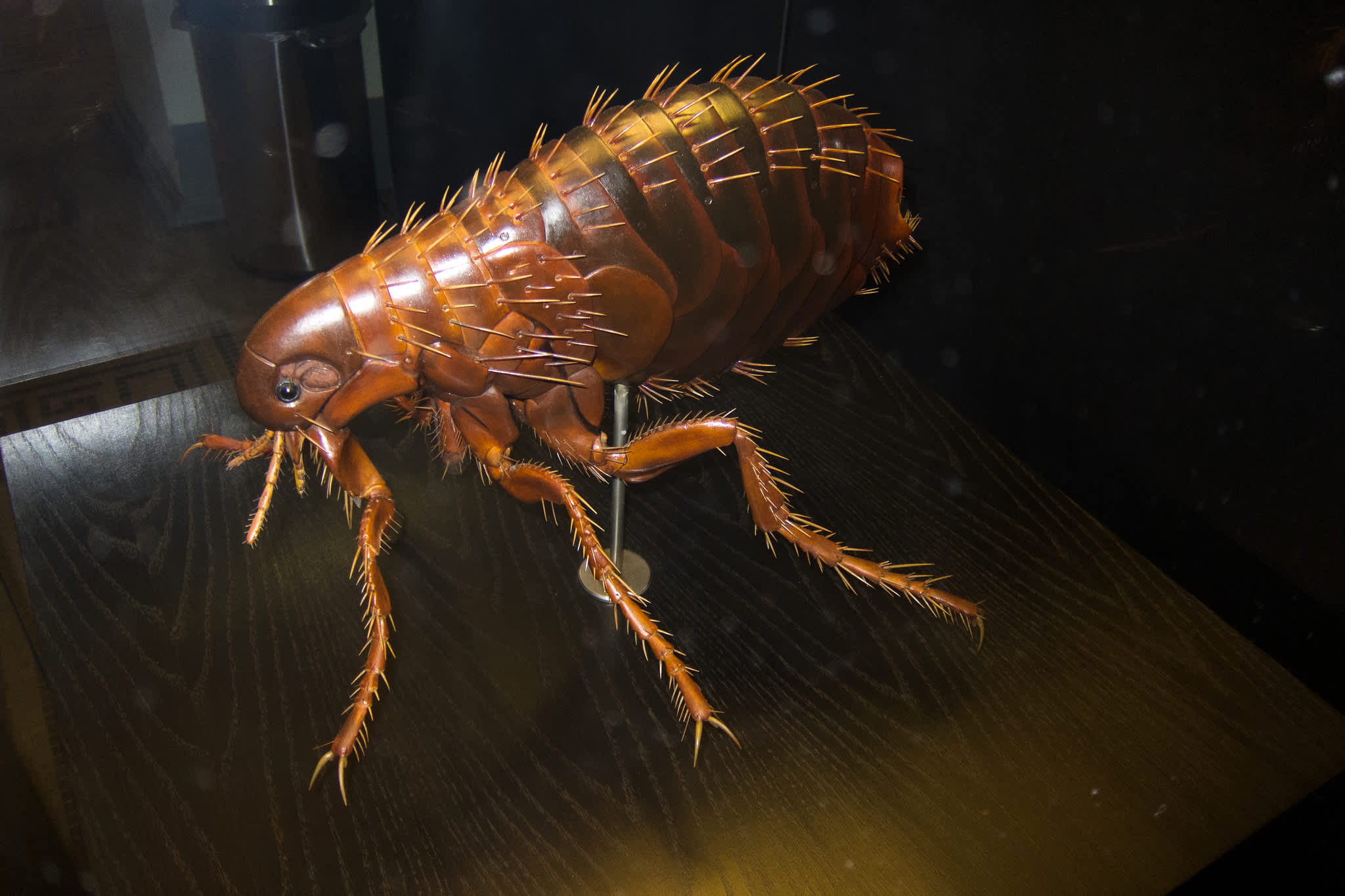Teenage Girl Contracts Bubonic Plague while Hunting in Oregon
OutdoorHub Reporters 10.30.15

Officials confirmed on Friday that a 16-year-old girl has contracted bubonic plague after participating in a hunt in Oregon. The teen, who remains unnamed, was on a hunting trip near Heppner on October 16. Five days after the hunt, she reported symptoms of plague and was admitted to a hospital. Her current condition is unknown. Experts from the Oregon Health Authority say that she likely contracted the plague from a flea bite and no other member of the hunting party has yet reported similar symptoms. In the last 20 years, only eight people have contracted bubonic plague in Oregon and all of them have survived.
“Many people think of the plague as a disease of the past, but it’s still very much present in our environment, particularly among wildlife,” state public health veterinarian Emilio DeBess told KGW News. “Fortunately, plague remains a rare disease, but people need to take appropriate precautions with wildlife and their pets to keep it that way.”
Bubonic plague is best known for its deadly role as the Black Death in 14th century Europe, although it was not the only form of plague to take part in that widespread crisis. Bubonic plague is the most common of its kind however, and still infects about 1,000 to 2,000 people every year. Common symptoms include fever, headaches, vomiting, and swollen lymph nodes. Plague can be treated with antibiotics but it must be caught early. If the disease is left untreated, it has a 30 to 90 percent fatality rate and can kill in as little as 10 days. Medical experts advise beginning treatment within 24 hours of the first symptoms to maximize the effectiveness of antibiotics.
Rodents are the most common vector for bubonic plague, although other animals, such as dogs and cats, can also transmit the disease. Health officials encourage outdoor enthusiasts to avoid any contact with wild rodents, especially ones that look sick or act strangely. You should also never touch a dead rodent as it is still capable of spreading disease. When an animal with plague dies, the fleas on its body will look for a new host, and a passing hunter is a tempting target.
According to the Daily Mail, there have been 16 cases of bubonic plague in the United States this year. Colorado and New Mexico accounted for four cases both, Arizona and Oregon with two each, and one in Utah, Georgia, California, and Michigan. The Michigan case is believed to be the first in the state’s history.

